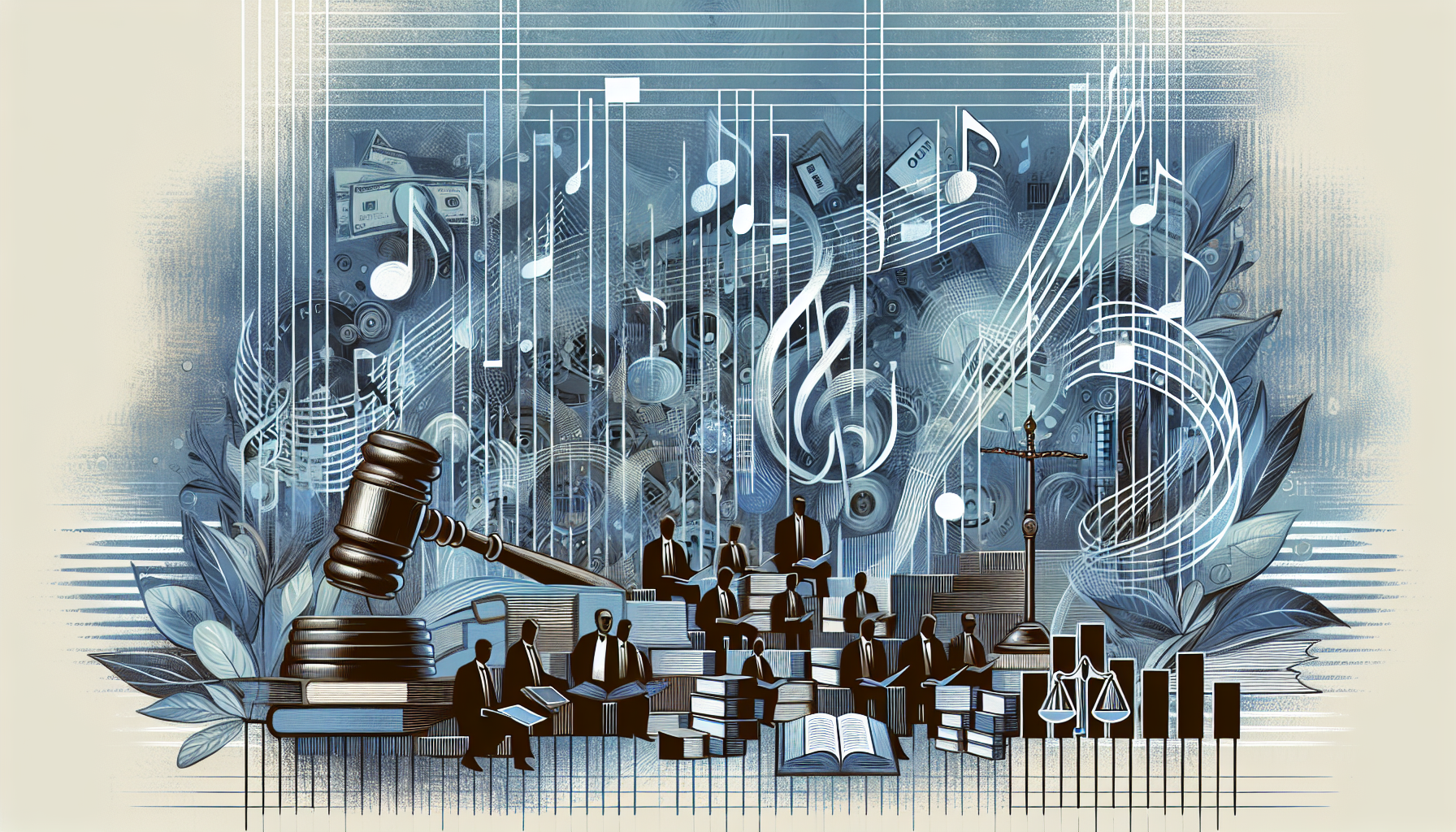
Navigating legal requirements for your enterprise
Hey there, before you dive into producing tracks and collecting those royalties, you need to ensure your foundation is rock solid from a legal standpoint. It might not be the most exciting aspect of the music industry, but believe me, addressing it upfront will prevent a legal misstep later on.
First things first, determine what type of business structure suits your musical venture best. Are you a solo performer functioning as a sole proprietor, joining forces in a partnership, or launching a full-fledged company? Each option comes with distinct tax regulations, liability concerns, and documentation—so don’t just guess your way through it.
Next, let’s discuss the delightful realm of registrations. If you’re making money, you’ll need to obtain an ABN (Australian Business Number), and if your earnings exceed a certain threshold annually, you’ll also need to register for GST. Don’t overlook your business name registration—there’s no point in devising an awesome name if it’s already taken.
Copyright is your best ally in this industry. Anything you create—tracks, lyrics, melodies—automatically holds copyright protection, but registering with APRA AMCOS will ensure you receive compensation when your music is played. If you’re working with others, ensure you have agreements in place to prevent disputes regarding ownership down the line.
And let’s discuss contracts—whether pertaining to performances, session work, or licensing your songs, having clear written agreements can save you from being left in a tough position. Verbal arrangements seem fine until someone conveniently “forgets” what they pledged.
Get these fundamentals sorted early, and you’ll find yourself spending less time tackling legal issues and more time producing music. Because, honestly—nobody wants to be the artist caught up in a lawsuit instead of enjoying a mosh pit.
Steering clear of common legal traps
Now that you’ve established the essentials, let’s delve into avoiding the legal pitfalls that can ensnare even the most astute musicians. A little precaution today can spare you from a heap of hassles later.
First off—contracts. If you’re conducting business on a handshake, you might as well be navigating a surfboard with a blindfold. Whether for performances, collaborations, or management agreements, ensure everything is documented. That way, if someone’s recollection suddenly becomes a bit “foggy” about an agreement, you have the documentation to support you.
Copyright disputes are another significant hazard. Just because something appears online doesn’t mean it’s free for the taking. Sampling another artist’s track without authorization? That’s a surefire route to legal complications. Conversely, make certain that no one is infringing on your creations—stay vigilant about your rights and register your music properly.
Then there’s the typical band split. If you’re creating music with friends, have a band agreement ready. It should address aspects such as ownership, decision-making processes, and the protocol if someone decides to exit. Trust me, it’s all harmony until money enters the picture.
And don’t overlook taxes. Yeah, I get it, not the most thrilling subject. But if you’re earning from your music, the ATO will want its share. Keep detailed records of your income, expenses, and invoices—because being audited is about as enjoyable as a guitar string snapping mid-performance.
Lastly, social media can be a treacherous territory. Making the wrong comment online could lead you into defamation issues, and sketchy advertising deals could violate consumer laws. So, before you share that fiery opinion or collaborate with a brand, ensure you’re not stepping into a legal minefield.
The bottom line? Stay ahead of the legal matters now so you can concentrate on what truly counts—creating amazing music and keeping your performances free of drama.
